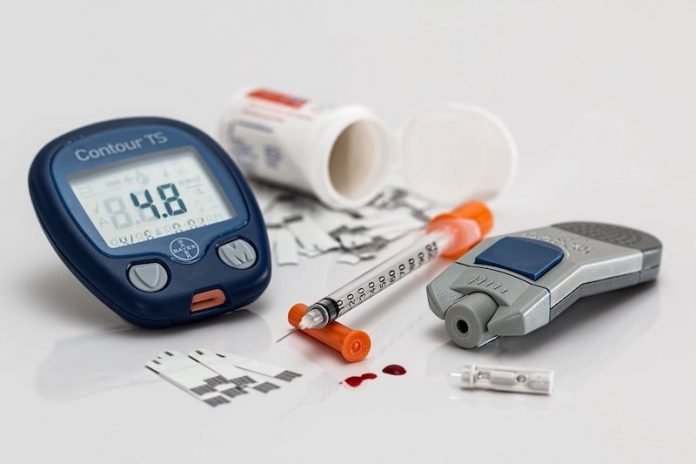
In a new study from UCL, researchers developed a new COVID-19 treatment for people with diabetes, which has shown promising results in a trial.
The team recognized that it could activate cells from the immune system as a potential treatment for people with the SARS-CoV-2 virus by dampening the overactive response of the immune system which causes damage to the organs in the body, particularly the heart and lungs.
The drug was gifted to the charity by Astra Zeneca.
In the study, the team found a reduced number of deaths in patients receiving AZD1656 a promising finding which will need to be analyzed further by the researchers, when cellular immunology results become available.
The reduced mortality for patients on AZD1656 was observed on top of benefits from other medications, such as dexamethasone, as part of standard of care. AZD1656 was shown to be well-tolerated with no serious adverse reactions occurring.
Diabetes, whether type 1 or 2, has been the leading single cause of co-morbidity during the pandemic and one in three of all deaths with COVID-19 in hospitals in England have been associated with diabetes.
The researchers say their finding supports the continued test of AZD1656 for the treatment of people with diabetes who have COVID-19 in future clinical trials.
They also hope to trial the drug in people without diabetes potentially benefiting an even larger group of people such as patients with long COVID.
If you care about diabetes, please read studies about older men with this health condition are more likely to develop diabetes and findings of a better way to control blood sugar in diabetes.
For more information about diabetes and your health, please see recent studies about this diet may help lower risks of diabetes and high blood pressure and results showing that this diabetes can be an early sign of pancreatic cancer.
One researcher of the study is Professors John Martin.
Copyright © 2021 Knowridge Science Report. All rights reserved.



